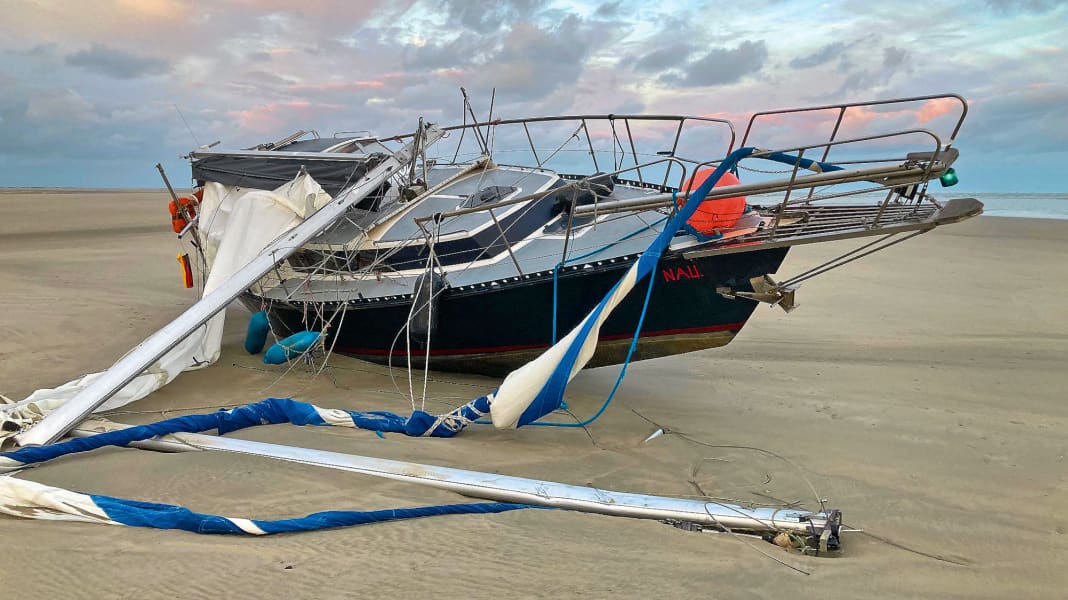
YACHT: Mr Reichelt, everything is getting more expensive. Are insurance premiums also rising?
Volker Reichelt: The entire insurance industry will not be able to avoid this by 2023 at the latest. Labour, repair and material costs have already risen. If every claim is now ten per cent more expensive than in the previous year, this has to be earned back through the premiums. The increase will probably be in line with inflation.
You have been with us since 1997. Have you ever experienced a situation like this?
We experienced a drastic increase in all costs in the water sports sector after the introduction of the euro. This led to a surge in premiums at the time. These are otherwise relatively constant for boat owners, unless exorbitant claims occur, for example as a result of storms.
But these are now on the increase. Do you expect more storm damage in the future?
This will certainly have an impact. In the coming years, we will have to be prepared for climate change and sudden, localised extreme weather situations.
What damage occurs most frequently?
The majority of damage still comes from the use of the boat - it's about unsuccessful mooring manoeuvres, grounding and collisions with other ships. Only then comes storm damage, burglary and theft, for example of outboards. I can't say that significantly more engines have been stolen this year or last year.
Good seamanship is no longer so important
What has changed in recent decades?
We have noticed that many water sports enthusiasts no longer attach as much importance to good seamanship as they used to. There have always been mistakes due to a lack of experience, especially among young people. What is more problematic is that many people today rely heavily on the technology on board and no longer look at the nautical chart, for example. In the past, for example, more emphasis was usually placed on good trip planning, including with regard to wind and weather conditions. What's more, even beginners are now buying boats of a size that used to be rare. We often have customers who start out with boats of 14 or 15 metres.

Do you notice the influence of the pandemic, during which many people have bought a boat?
No. Although many boats have been sold in the last two years, we haven't noticed this in the loss ratios. Some of the new owners are already selling their boats again. We generally expect a significant decline in interest in buying boats in the coming years. Demand from dealers is ebbing noticeably. Interest in sailing remains high, and there is also a lot of chartering. However, the trend away from owning a boat, which was already evident before 2019, is increasing.
Are young people in particular ticking differently these days?
Yes, they prefer to borrow a car when they need one. And it's the same with boats. They'd rather charter than take on ownership and the associated obligations. After all, it's all work.
Which policies are most popular with you?
Even though travel and charter insurance is becoming increasingly important: The majority of our business is yacht insurance - and has been since my father-in-law started in 1972. This is split roughly 50/50 between sailors and motor boaters. The insurance industry is relatively concentrated per se, so I hope that the number of providers will not decrease.
